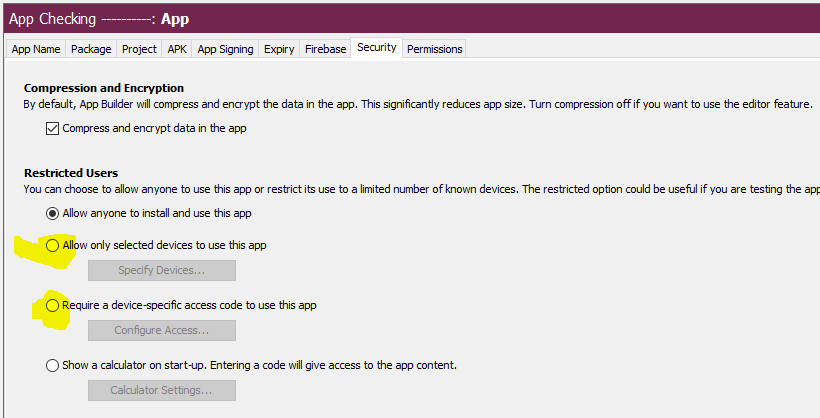Today I did a demonstration: Our team is making reading apps and I wanted to show them the steps in Google Play Console to prepare and publish an app on Google Play.
We got all the way to the last-but-one step: Then this error message:
Your app has an apk that requests the following permission(s): android.permission.READ_PHONE_STATE.
Apps using these permissions in an APK are required to have a privacy policy set.
So we could not launch the app.
I can report that “we are the good guys”. We totally respect our app users. We are turning off all “tracking and spying options” in the app builder. We did a quick check and cannot find any GUI-exposed access to android.permission.READ_PHONE_STATE so we conclude that this is some internal configuration which we do not control. (correct?)
All this is no problem. But none of us is a lawyer (cannot not even spell that). None of us did volunteer to go to prison for our literacy efforts. None of us has a budget to get sued over some privacy technicality.
Here are the actual questions:
-
The team did decide not to use the very latest app builder because they are working in several teams on several app projects - and nobody in our office has the courage to upgrade in the middle of all that. But would upgrading from the January version to the very latest version remove this android.permission.request or not?
-
Can SIL please prepare a simple, suitable privacy-policy-model that we can use for such reading apps?
Update:
Did some initial reading: Turns out that we need to declare “what the apps does or not does”. Since we are using an App Builder, we do not even know that information. So I request that the App Builder team will read up on the new Google Play requirements and will release the needed information both to show up inside the app (this is either an existing or upcoming requirement) and a text that App Builder users who create apps and publish them on Google Play can use as their privacy policy.
Thank you,
Martin
